In February 2022, the IRS temporarily stopped mailing certain automated collection reminders for unpaid tax balances due to the unprecedented impacts of the pandemic. In early 2024, the IRS announced they would resume sending these notices for the tax periods before 2022. These notices include balance due notices and notices of enforced collection action such as liens, levies, and garnishments. As the IRS resumes collection efforts, they will send the LT38 Letter to applicable taxpayers.
LT38: Reminder of Balance Due to the IRS
The LT38 is a unique letter the IRS is using to notify taxpayers that they are resuming their collection activities related to tax balances due, with a reminder of the tax balance due for the specified tax period. The LT38 includes a summary of the tax due and information for options to resolve the balance if payment in full is not an option. If the tax balance is not paid by the payment deadline listed on the notice, the interest will increase, relevant penalties may also accrue, and the IRS may proceed to the next step in their enforced collection efforts by beginning to send the required notices of intent to levy.
The IRS uses levies to legally seize property to satisfy a tax debt. Understanding the types of levy notices is crucial for taxpayers to protect their assets and resolve their obligations promptly.
The IRS issues several types of levy notices, each serving a different purpose and requiring specific taxpayer actions. Below is a list of common notices that people may receive as the collections resume for 2022:
CP501: Unpaid Taxes
The CP501 is the first notice in the levy notice series. This notice is your first notice about the tax balance due for the specified tax period. If this amount is not paid, and no payment arrangements are made to resolve the taxes due, the IRS can file a Notice of Federal Tax Lien on your property if one has not previously been filed. If the tax balance is not paid by the payment deadline listed on the notice, the interest will increase, and relevant penalties may also accrue.
CP503: Second Reminder of Unpaid Taxes
The CP503 is generally the second notice in the levy notice series. This notice is sent by the IRS if no response is received to the CP501, or other notices sent about the tax balance due, and the tax balance remains unpaid for one or more tax periods. If the tax balance is not paid, and no payment arrangements are made to resolve the taxes due, by the payment deadline listed on the notice, the IRS can file a Notice of Federal Tax Lien on your property if one has not previously been filed. The interest will also increase, and additional penalties will likely accrue.
CP504 or CP504B: The Urgent Reminder
The CP504 or CP504B is generally the third and final notice warning about a possible levy before the IRS takes action. This notice is to provide another opportunity to pay the tax balance due or make other payment arrangements to resolve the taxes due. If the outstanding tax balance is not paid or otherwise addressed, the IRS will start seizing any state tax refunds due and will apply any funds seized from the state refund to the tax balance due with the IRS. This notice doesn’t trigger an active levy on wages or bank accounts yet, but it is a clear signal that time is running out.
LT11 and Letter 1058: The Official Levy Notice
This is the official ?Notice of Intent to Levy and Your Right to a Hearing.? When a LT11 or Letter 1058 is received, the IRS is not just threatening; they’re providing formal notice of their intent to actively levy wages, bank accounts, or other assets. But there’s a silver lining: this letter also provides information about how to appeal and work toward a resolution before the levy happens.
Get the Help You Need to Resolve Your Tax Issues
Understanding these notices and responding promptly can save you from severe financial consequences. The IRS encourages taxpayers to reach out and resolve their tax debts before it reaches the levy stage.
Having an attorney or IRS Enrolled Agent on your side can make a significant difference. An experienced tax attorney or IRS Enrolled Agent can interpret complex notices, negotiate with the IRS, and protect your assets from levies, liens, and other enforced collection actions. By addressing notices promptly and effectively, an IRS Enrolled Agent or attorney ensures you comply with IRS requirements and avoid further penalties.
For personalized assistance responding to tax notices and negotiating a resolution for your tax debt to help protect your assets, contact the tax team at Business Law Group. Our team is ready to help you navigate these complex notices and find a resolution that works for you. Call us at (719) 355-8840 or email info@businesslawgroup.us to get started today.


